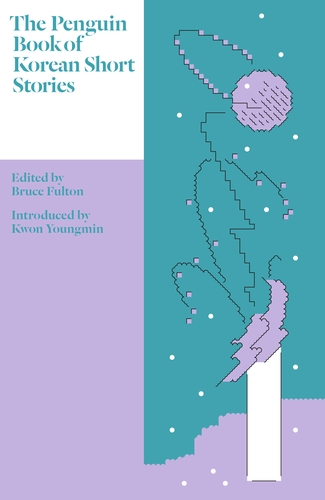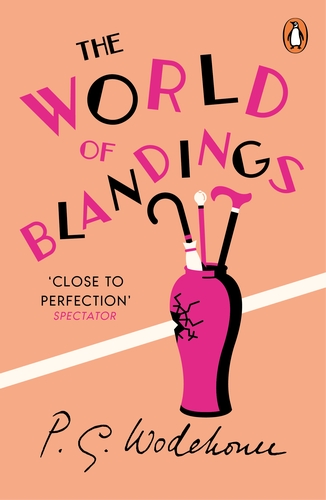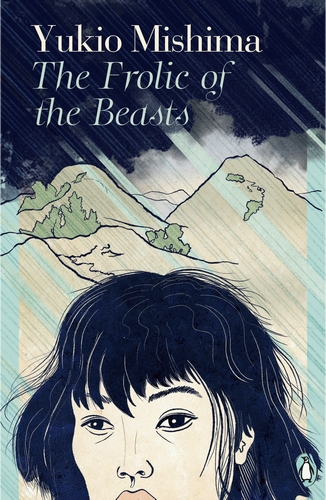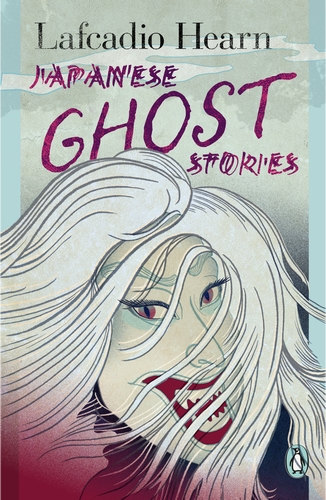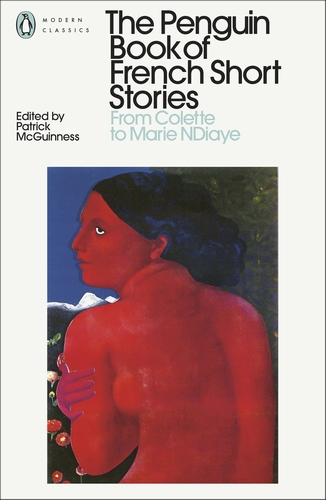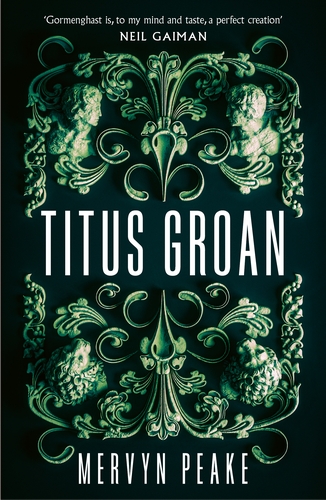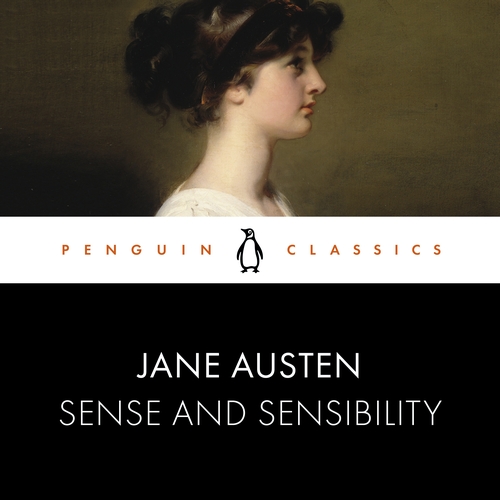Author:Aimé Césaire,John Berger,Anna Bostock,Jason Allen-Paisant

'We shall speak. We shall sing. We shall shout.' This blazing autobiographical poem by the founder of the négritude movement became a rallying cry for decolonisation when it appeared in 1939. Following one man's return from Europe to his homeland of Martinique, it is a reckoning with the trauma of slavery and exploitation, and a triumphant anthem for Black identity, one which reclaims and remakes language itself.
'Nothing less than the greatest lyrical monument of this time' André Breton
'A Césaire poem explodes and whirls about itself like a rocket, suns burst forth whirling and exploding' Jean-Paul Sartre
'The most influential Francophone Caribbean writer of his generation' Independent
Nothing less than the greatest lyrical monument of this time
—— André BretonAime Césaire's brooding exploration of Negritude bristles with the energetic, unique qualities of Walt Whitman's Song of Myself . . . [Césaire's] protean lyric, filled with historical allusions, serves to exorcise individual and collective self-hatreds engendered by the psychological trauma of slavery and its aftermath
—— San Francisco ChronicleOne of the most powerful French poets of the century
—— New York Times Book ReviewThe poem pulls no punches. Now tremulous, now grating, the improvised text drums and jabs in spasmodic phrases and slogans. Each encounter, each twist of idiom, thrusts itself into the reader's mind as a fierce challenge to understand and to empathize
—— Roger Cardinal , The Times Literary SupplementA more razor-sharp encapsulation of the situation of African slavery could not be found
—— Quarterly ConversationEdouard Glissant once wrote that everything begins with poetry. Aime Cesaire's epic poem was a true beginning in 1939... Return to my Native Land became the rallying cry of decolonization but the fact that it is still read means it has survived as poetry. This translation preserves its poetic force and its reissue is a welcome event
—— J. Michael Dash, New York UniversityReturn to My Native Land is a monumental tome to our times, and this new translation by John Berger and Anya Bostock possesses the tropical heat of the poet's sonority. Though, in his refrain, Aimé Césaire intones "the small hours," there isn't anything small about the raw lyricism articulated into this incantation of fiery wit. The translators convey the spirit of improvisation, yet, with a deftness of image and music, they deliver this book-length poem as a seamless work of art--an existential cry against a man-made void. What translates is the speaker's revolutionary psyche on to the page--his fierce affirmation of existence through an eloquent clarity of the real and surreal. Nowhere is Césaire's passion sacrificed; this translation is a tribute to the poet
—— Yusef Komunyakaa, New York UniversityAmazing... This level of sophistication is partly why Césaire became a world citizen, mayor, and Martinique's ambassador to the French Parliament
—— EbonyA trail-blazing Kenyan legend
—— Al JazeeraHilarious, worldly, biting, flippant, and meaningful
—— Achal Prabhala , Africa is a Country[A] Kenyan literary icon . . . [Binyavanga Wainaina's] work continues to challenge stereotypes and prejudices about Africa
—— The Stream[Binyavanga Wainaina's] writing dances beyond the borders of language, lineage, genre, containment . . . [His] imagination hops, skips and jumps, in that space of infinite possibilities and worlds waiting to be made and unmade
—— Bubblegum ClubEverything that made Binyavanga so great was there on the page - his righteous passion, his biting wit, his eye for hypocrisy, his arch turn of phrase
—— Matt WeilandCutting and incisive, witty and confrontational, and deeply revealing
—— Remy NgamjieWainaina's sharp wit and penetrating analysis . . . shows off his talent for withering satire
—— Publishers WeeklyBoth an ode and an introduction to one of the continent's most inimitable literary geniuses
—— Edith Amoafoa-Smart , Africa is a CountryProvocative . . . A lively selection of work that well represents the scope of this fine author
—— KirkusHow to Write About Africa gathers vivid, powerful essays and fiction by the late Kenyan icon
—— Open CountryCharming ... Moyes is never short on her trademark clever observations ...[her] fans will have a ball
—— Publishers WeeklySomehow heartbreaking and uplifting at the same time
—— YoursExplores themes of female friendship, motherhood, ageing, love and disillusionment. Moyes brings her main characters - a unlikely group of women thrown together - to life, each as flawed as they are brilliant, and stronger together
—— GraziaSomething to get excited about . . . [The] most compelling and readable of novels, which will make you wonder what it's really like to walk in someone else's shoes
—— Glamour UKShowcases Moyes' ability to portray emotion and female friendship with themes of love, betrayal, family, and hope. It is action packed and will have readers rooting for Nisha and Sam
—— Booklist, Starred ReviewFull of fun, unlikely friendships . . . and female empowerment, it's a welcome escape. A funny romp
—— WomanA love letter to the strength of female friendship and how women can really be there for each other
—— Good HousekeepingA stirring tale of sisterhood, survival and being seen
—— RedA heartfelt story of mix-ups, mess-ups and making the most of second chances
—— PlatinumPraise for Jojo Moyes
—— -Moyes is on dazzling form in this big-hearted story
—— Daily MirrorRaw, funny, real and sad, this is storytelling at its best
—— Marie ClaireBlisteringly good
—— SunThis truly beautiful story made us laugh, smile and sob like a baby - you simply have to read it
—— CloserEntertaining, immersive and moving
—— Sunday TimesDazzling
—— Sunday ExpressMoyes somehow manages to break your heart before restoring your faith in love
—— Sunday ExpressA genuinely entertaining book, a really cracking story
—— Stylist